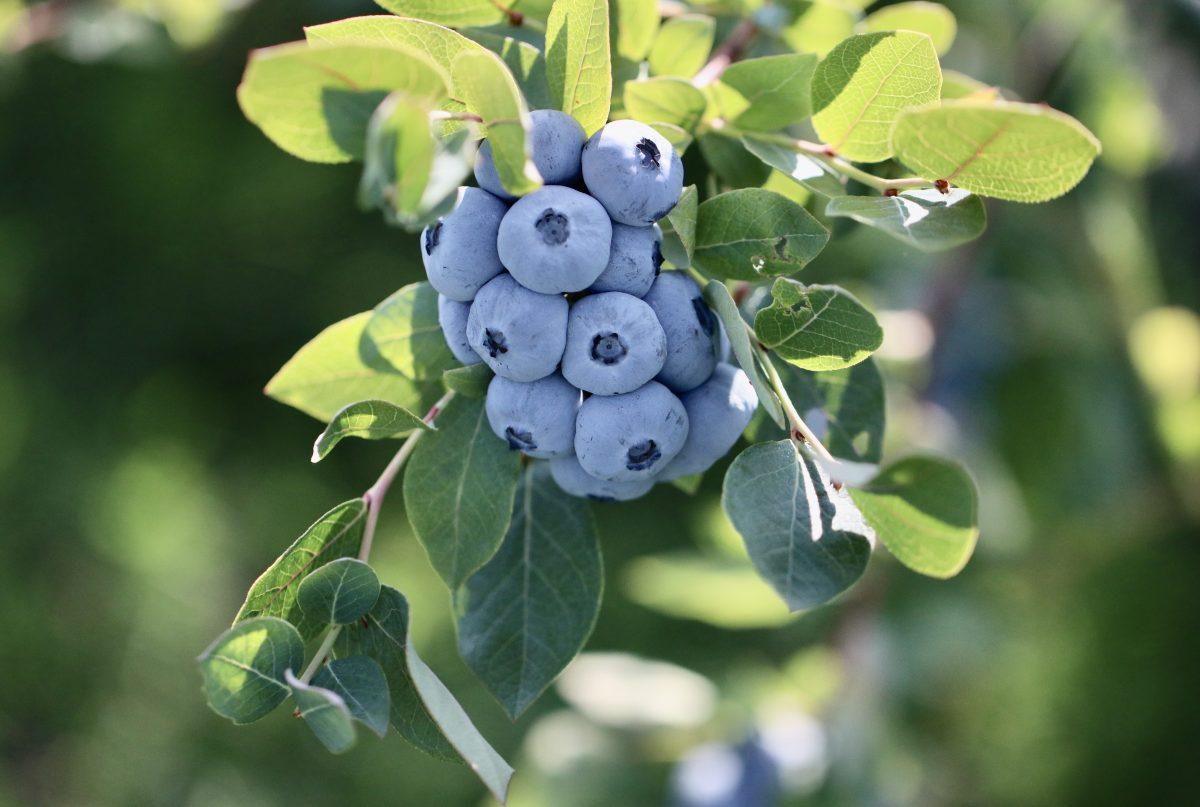The “Dirty Dozen: pesticides in your beloved blueberries

The “Dirty Dozen”
The “Dirty Dozen” is an annual list of fruits and vegetables from the Environmental Working Group (EWG) likely to contain the highest levels of pesticides. The list often includes non-organic blueberries since they are a beloved fruit.
This year, 2023, is no exception. According to Sarah Graddy at the EWG, “Blueberries made the Dirty Dozen list because nine of the ten samples had residues of pesticides – with some showing traces of up to 17 different pesticides.”
Pesticides
Pesticides are chemicals used in farming to protect crops from pests and diseases. The EWG’s “Dirty Dozen” list can be helpful for consumers who wish to minimize their pesticide exposure. The specific pesticides found in blueberries can vary, but some commonly used pesticides include organophosphates, neonicotinoids, and pyrethroids. Various health problems, including cancer, reproductive issues, and neurological disorders, have been linked to these chemicals. Children are especially vulnerable because of their small size relative to their food intake and developing organs.
Organic Farming
To reduce exposure to these pesticides, consider buying our organic blueberries. We recognize the health risks in conventional farming, so we have chosen organic farming since 1995. Organic farming practices do not use synthetic pesticides, herbicides, or fertilizers, so our organic blueberries do not have harmful chemicals. Everyone benefits from this choice; the surrounding land & waters, our workers, and our customers.
A Simple Guideline
Keep eating your beloved blueberries but choose the organic options. According to Landrigan, director of the Global Public Health Program, “The Dirty Dozen is a simple guideline for how to pursue a diet rich in vital fruits and vegetables while avoiding the items that might be most contaminated with chemicals.”